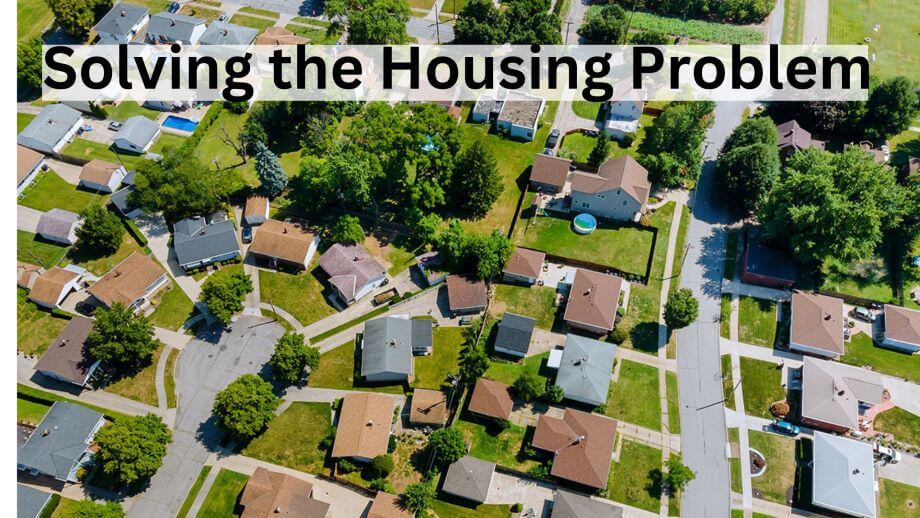There is a huge hosing crisis in North America, and my life is being affected by it.
I am being evicted from the place I have rented for about 13 years.
The building was sold, and the new owner decided to increase profits by evicting me, renovating the property, and renting it out at a higher price.
I am struggling to find rental units at the same price I was paying before. Rental prices have increased by about 18% in Montreal over the past 12 months. In the rest of Canada, rents have risen by around 9%, and in the U.S., the increase is about 8%. The primary reason for these rent hikes is not inflation—it’s largely due to a housing shortage.
Understanding Economics: Scarcity Drives Prices Up
If there’s one thing to understand about economics, it’s that whenever there is a scarcity of a desired product, prices go up. In our case, there is a shortage of housing, so speculators are trying to profit from any available units they can find.
Governments are attempting to address the housing crisis, but many of their solutions are inadequate.
Ineffective Solutions: What’s Not Working
- Rent Controls:
When the government imposes rent controls, developers and entrepreneurs are discouraged from building housing at lower profit margins. As a result, they either stop building or refrain from investing in more housing. - Housing Vouchers and Assistance:
While government help, like housing vouchers, aims to support those in need, it doesn’t tackle the root issue: the lack of housing. Those who don’t qualify for assistance are left behind, and vouchers end up raising rents for everyone else. Vouchers increase the money available for housing but not the actual supply of housing.
The Real Issue: Lack of Housing Where People Want to Live
The problem isn’t that there isn’t enough housing overall, but rather that there isn’t enough housing in the places where people want to live. People want to live in cities like Montreal, Toronto, Vancouver, New York, and San Francisco. If someone wanted to live in Northern Quebec, for example, they would likely have no trouble finding an affordable place.
The Real Solution: Change Zoning Laws
Many cities, particularly in Canada and the U.S., have restrictive zoning laws that limit the construction of high-density housing like apartment complexes, especially in urban areas. These restrictions have led to fewer housing units being built where they are most needed.
We need to start by legalizing the construction of more housing. People should be able to convert single-family homes into duplexes or triplexes. We should also allow for taller buildings to be constructed.
A Call to Action: Protesting for Effective Change
I see people protesting in the streets to protect the environment, even though China and other developing countries are the biggest polluters.
I see people protesting to stop the war in Palestine.
While these protests are important, they often don’t lead to immediate change.
However, if people took to the streets to protest against restrictive zoning laws, we could have a direct impact on the local economy. If thousands of people demanded that local governments change zoning laws, it would make a tangible difference.
In Summary: Build More Housing
In conclusion, there is a clear solution to the housing crisis: build more housing. We need to let our local governments know that we demand a solution. If they fail to act, we should vote them out of office and elect leaders who have the vision and determination to address the housing problem.
